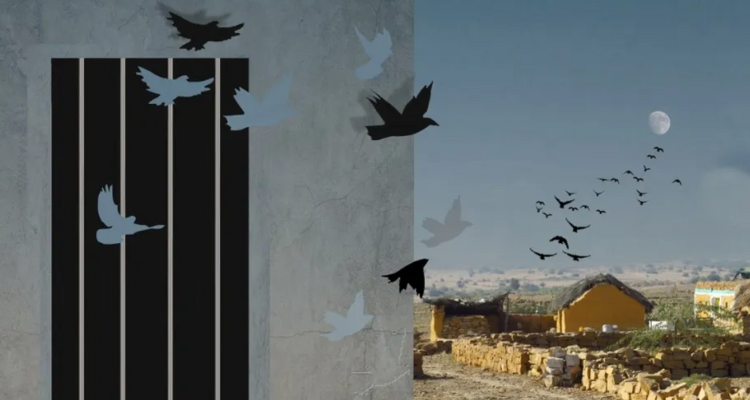
In the case of Ashok Kumar v. State of NCT Delhi, the Delhi High Court highlighted the dangers of rigid interpretations of Prison Rules regarding furlough. Justice Swarana Kanta Sharma stressed the importance of compassion, warning that strict interpretations could harm prisoners’ welfare and rehabilitation prospects.
Empowering Through Furlough
The court highlighted the careful crafting of Rule 1200 of the Delhi Prison Rules, emphasizing its cautious and forward-thinking approach. It underscored the importance of empathy in truly understanding the depth of furlough provisions, ensuring justice is served with fairness and humanity.
According to the court, furlough offers a constructive opportunity for individuals during incarceration, allowing temporary release for family reunification, medical care, or rehabilitation. It provides a chance for prisoners to maintain connections, normalcy, and hope for a better future beyond prison walls.
Granting Furlough
Justice Sharma made these remarks while granting a three-week furlough to a man serving a life sentence for a POCSO case. The man was convicted under Section 376(2) of the Indian Penal Code, 1860, and Section 6 of the POCSO Act, receiving a life imprisonment sentence.
He expressed remorse for his actions and claimed to have reformed himself. Additionally, he stated that he was employed in the jail canteen and regularly sent his earnings to his family.
Acknowledging Eligibility
Despite the severity of the offense, the court acknowledged that the convict met Rule 1223’s criteria for furlough eligibility. With good behavior in prison, three annual good conduct reports, and a commitment to rehabilitation, the convict demonstrated suitability for furlough. The court emphasized the importance of not denying furlough solely based on the nature of the offense, recognizing its potential for prisoner welfare and societal reintegration.
Read More: Supreme Court, Delhi High Court, States High Court, Other Courts, International




